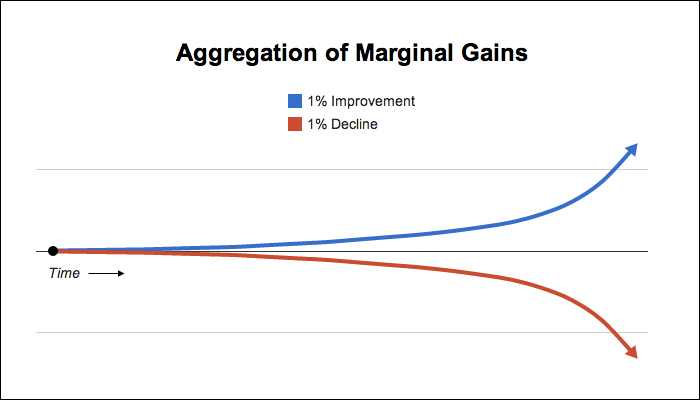There is one very simple and easy way to practically eliminate your chances of being killed or injured whilst riding a motorcycle. However, few riders will take the necessary action. It is, of course: giving up riding

Let's be honest, holding onto a high-speed, unstable, often hated or - worse still - ignored, contraption can hardly be described as 'sensible'.
Use the well-known risk hierarchy of ERIC-PD
Eliminate
Reduce
Isolate
Control
They're the main ones to enact. PPE is low down the list, almost an admission of failure

Oddly, though, the D is for Discipline. It could be argued that self-discipline is (in the berserk world of biking) actually of critical importance.
So, is 'safety' about marginal gains? In the sports world it's a principle credited with success, being implemented in wide-ranging ways (like hygiene, so you don't pick up infections and lose training time).
Part of the challenge with implementing anything 'safety'-related (anywhere) is that incidents (I'm happy to use 'accidents, some are not) are few and far between, to see real comparisons you either need properly controlled trials (probably ethically dubious at best) or huge data sets analysed carefully.
I can only tell you what worked for me and where it failed. In no particular order.
ABS I had crashes due to braking. But I still often ride without it.
Sober
Avoid snow and ice
Training; I'm not great on self-learning, I prefer to learn from others' mistakes
Question that training, look for justification and alternatives
At some point you have to trust others. Up until then, be wary. After then, be ready.
Gear. Comfort, warm, dry, etc. Is 365 days. Protection is a compromise.
Gear. Stay on the bike and protection isn't an issue.
Responsibility. 'Right of way' and 'priority' are lovely concepts. The rider gets hurt. Be responsible for yourself - back to discipline.
Uh-oh. Understand where it might go wrong. Be mentally and physically ready for those situations.
Summer. Keep your eyes on the road


